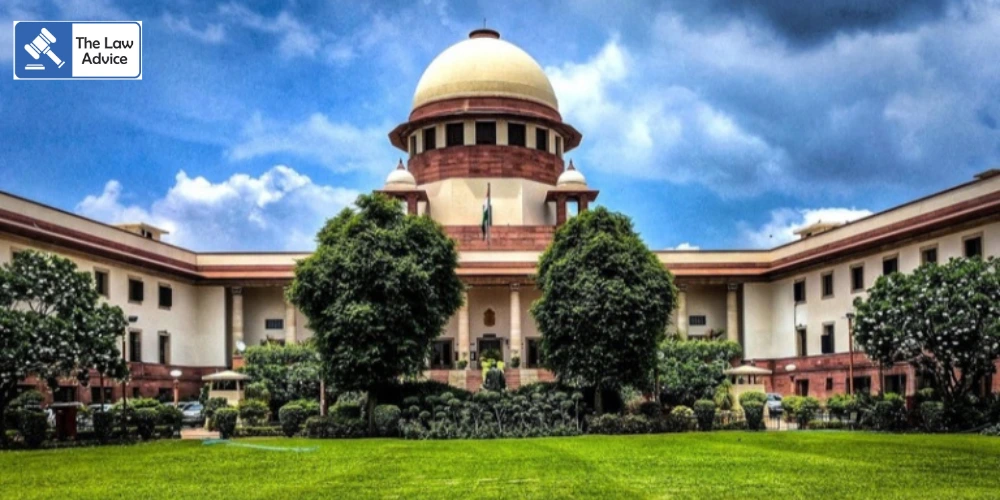New Delhi | July 16, 2025
In a nuanced and carefully worded decision, the Supreme Court of India has held that a rape case may be quashed if the complainant and the accused have settled the matter amicably, but only in truly exceptional situations. The ruling clarifies the narrow legal window under which the most serious charges like rape can be dropped on the basis of compromise.
The Case: More Than Just A Dispute
The case involved a complex set of facts emerging from Jalgaon, Maharashtra, where two FIRs were filed in quick succession. The first, filed by the accused, alleged physical assault and intimidation. The second FIR, filed by the woman the next day, included a rape allegation. The sequence of these complaints raised questions about the genuineness and motivation behind the second FIR.
Later, the complainant submitted a sworn affidavit stating that she no longer wished to pursue the rape charge, had since gotten married, and continuing the case would disrupt her personal life and cause mental anguish.
Supreme Court’s Stand: Justice Over Formality
A division bench of Justice Vikram Nath and Justice Sanjay Kumar acknowledged the seriousness of rape charges, which are generally non-compoundable and represent crimes against society. However, the Court emphasized that its inherent powers under Section 482 of the Criminal Procedure Code are meant to ensure that justice is done not merely to enforce the law mechanically.
“We cannot close our eyes to the real-life consequences of continued litigation where both parties seek closure,” the bench observed.
Key Factors That Led to Quashing
1. Affidavit by the Complainant: She stated that the case stemmed from a personal dispute and that she had moved on in life.
2. Long Delay and Ongoing Settlement: The complaint came after a prior altercation between the parties, and both FIRs appeared to be connected.
3. No Continuing Public Interest: The Court found that continuing prosecution would only add to personal trauma without serving any public justice goals.
4. Compensation Paid: The complainant acknowledged receiving ₹5 lakh from the accused as a part of the settlement.
What This Means
This ruling is not a blanket permission to quash rape cases based on private settlements. The Court made it clear that such relief is possible only when the facts clearly show personal disputes, absence of public interest, and no coercion involved in the settlement. The gravity of the offence remains, but the real-life consequences and the wishes of the survivor were given due weight.
Case Title: Madhukar & Others vs State of Maharashtra & Anr.
